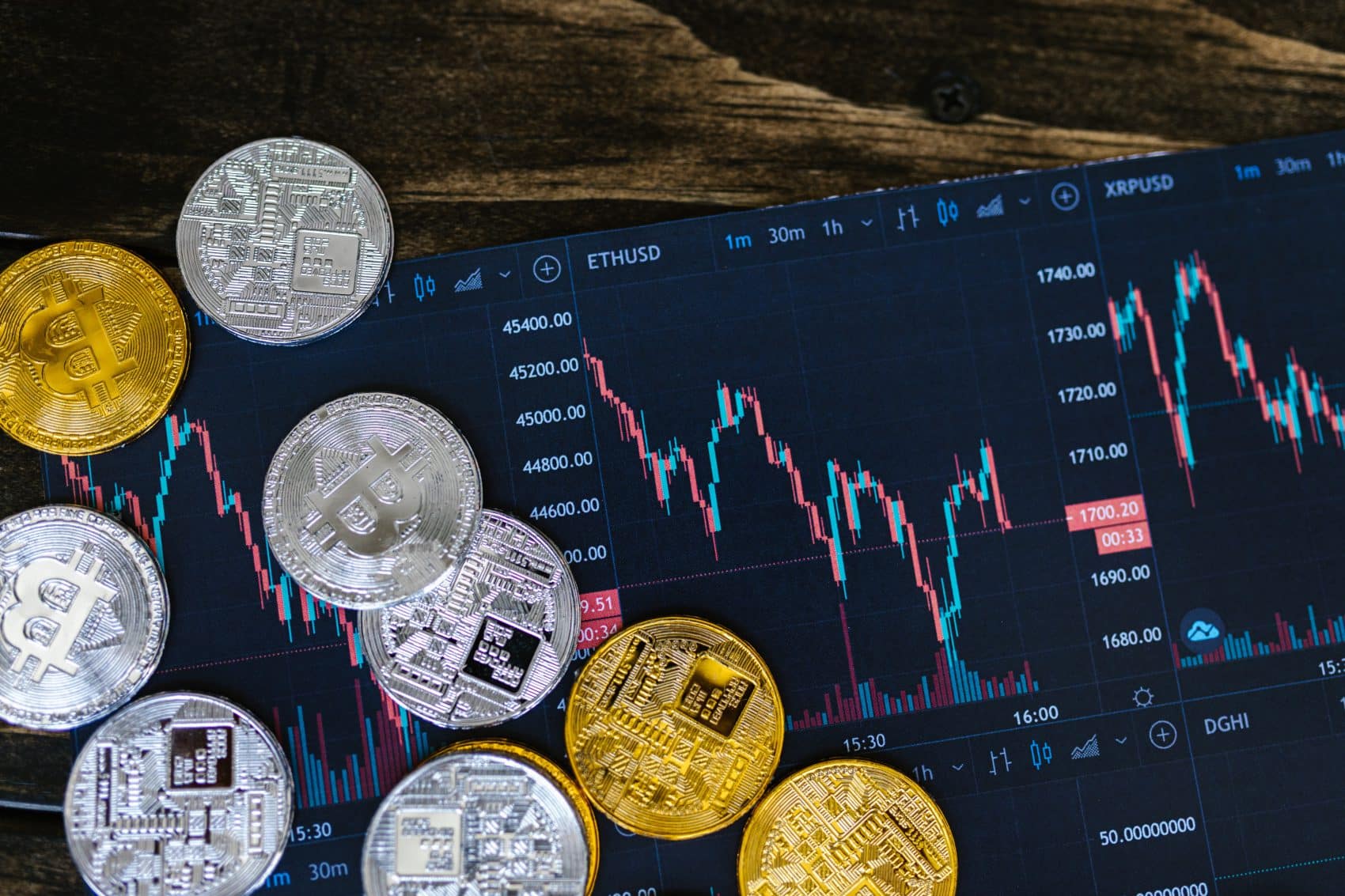ABCrypto: The basics of digital assets
Cryptocurrency — a young finance technology that has taken the world by storm since it was launched over a decade ago by a person or an entity, whose identity remains a mystery. So, what exactly is cryptocurrency, and is it the future of trading?
Here are the answers to some of the most frequently asked questions surrounding cryptocurrency.
Question 1: What is cryptocurrency?
Think about the U.S. dollar or Euros. These are traditional currencies circulating within a country’s jurisdiction. They are called fiat money, which is centralised, controlled and maintained by government bodies and banks and used for the exchange of goods and services.
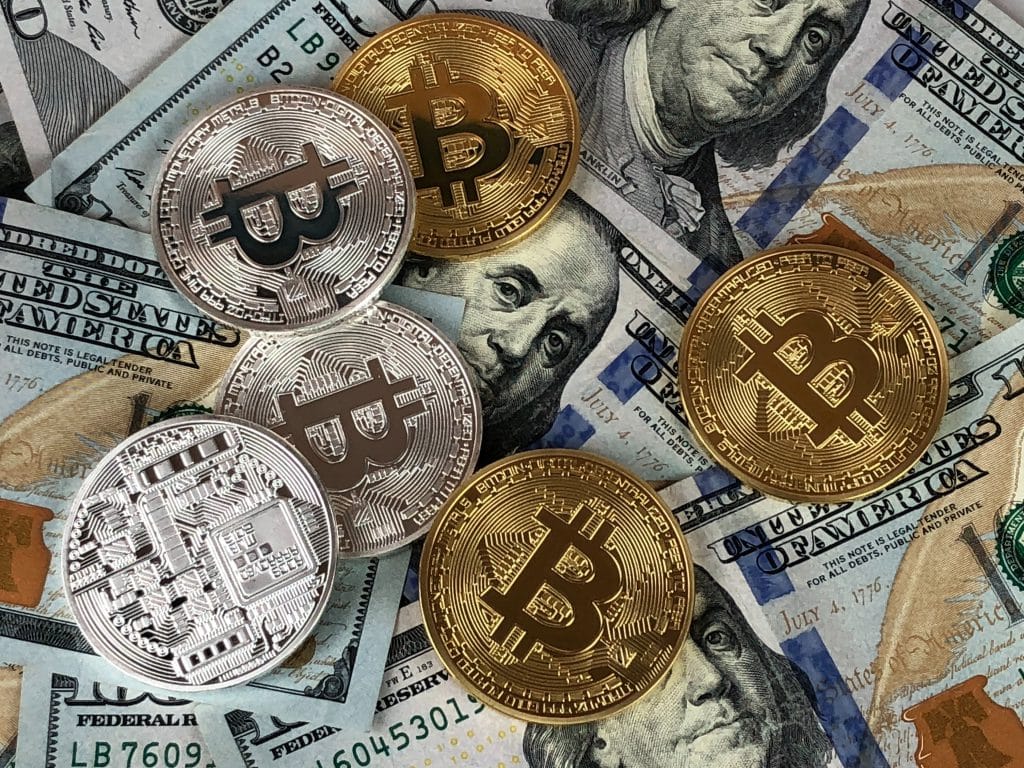
Now, imagine electronic money that has the power to purchase and sell assets; only they are decentralised and distributed exclusively via the Internet. That is what cryptocurrency, or crypto, does. Like traditional currencies, crypto is used as a medium to buy and sell goods, services, and assets. It is a hundred per cent digital — meaning it does not come in any physical form like traditional money and precious metals do.
With cryptocurrency, anyone with an exchange account can transact in as fast as seconds, even intercontinental, without the help of third-party financial institutions, such as traditional banks.
Question 2: How does cryptocurrency work?
Before you learn about how cryptocurrency works, first, you need to understand blockchain technology. Blockchain is the digital equivalent of a ledger in traditional accounting, but, instead of numbers and figures, blockchain records transactions through codes or cryptography. A block contains data of each crypto transaction: the public key (permanent code identifier) of the crypto sender and receiver, the amount of coins, the hash (unique identifier of the transaction) and the previous hash (the unique identifier of the immediate previous crypto transaction). That is why each block is linked, ergo blockchain. The chain is a digital database of all crypto transactions around the world.

But how does crypto work? Cryptocurrency is very straightforward. First, you need to have a “wallet” — it’s an account you create on a cryptocurrency exchange that holds your virtual assets. When you have an account, you have to transfer money from your bank to your crypto wallet. With crypto coins, you can start purchasing goods and services from companies that accept crypto as a mode of payment. Or you may hold on to these coins, wait for their value to skyrocket — or moon — then sell them for profits.
All your transactions — and others’ from all over the world — are recorded onto the blockchain.
Question 3: What are the most popular cryptocurrencies?
Currently, there are thousands of cryptocurrencies globally. The two most popular are:
Bitcoin (BTC), which is the first cryptocurrency ever launched. This was created by a pseudonymous person or persons known as Satoshi Nakamoto in 2009. Bitcoin was created to give the public an alternative peer-to-peer digital payment system free from traditional banking or government regulations. As of mid-January 2022, Bitcoin remains the most popular and most valuable cryptocurrency, with a value of USD 42,776 per coin. Bitcoin is capped at 21 million coins, which means there will be no more than 21 million Bitcoins.
Launched in 2015, Ethereum (ETH) is the most valuable crypto exchange behind Bitcoin. Ethereum coins are called ether, and as of early January 2022, each coin is valued at USD 3,788.64 US. Eth was used to buy the most valuable non-fungible token (NFT) Everydays – The First 5000 Days for USD 69 million.
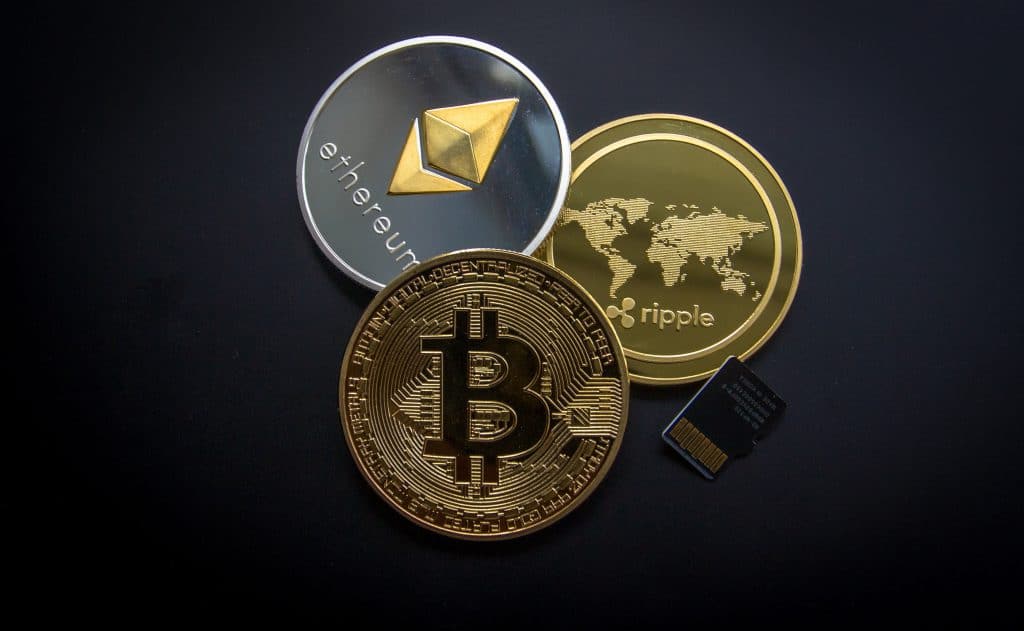
Considered the “silver to Bitcoin’s gold” is Litecoin (LTC), which is among the most valuable crypto coins as of January 2022. LTC has capped coins of 84 million. One LTC is worth USD 146.25 as of mid-January 2022.
Other popular crypto coins are Binance Coin, Cardano, Tether and Solana.
Question 4: Are cryptocurrencies legitimate and legal?
Although there is no single institution regulating decentralised finance (DeFi), many countries and brands have already accepted cryptocurrencies as legal tender. They are legitimately used in purchasing and selling investments.
Giant brands that accept cryptocurrency as a form of payment include PayPal, AT&T, Tesla and Starbucks.
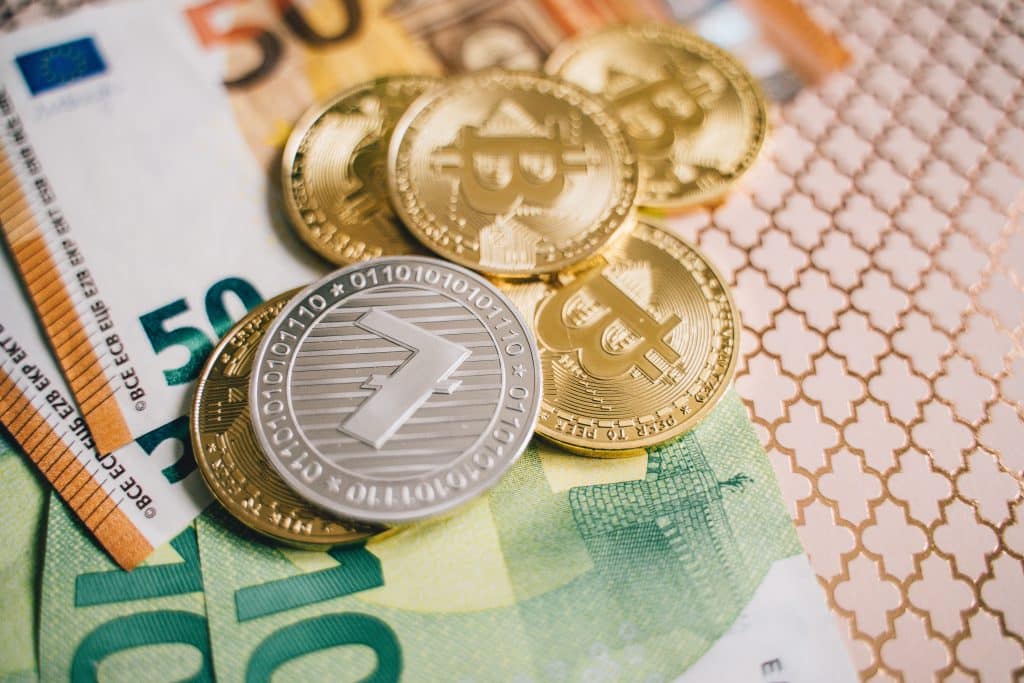
Member countries of the European Union recognise cryptocurrency, as well as the United States, Canada, Australia and El Salvador, among others. However, some countries consider crypto illegal, such as China, Egypt and Qatar.
Question 5: What are the risks of cryptocurrency?
Like with other investments, such as stocks, cryptocurrency has its fair share of risks. One of the things that financial experts are concerned about cryptocurrency is its volatility. Because cryptocurrency is decentralised, the users across the blockchain network determine the prices and trends of cryptocurrency. Sudden mooning and sharp losses in cryptocurrency have made the virtual asset world unpredictable. Those have become norms in the digital coins landscape. That is why crypto investors need to monitor their coin values regularly.
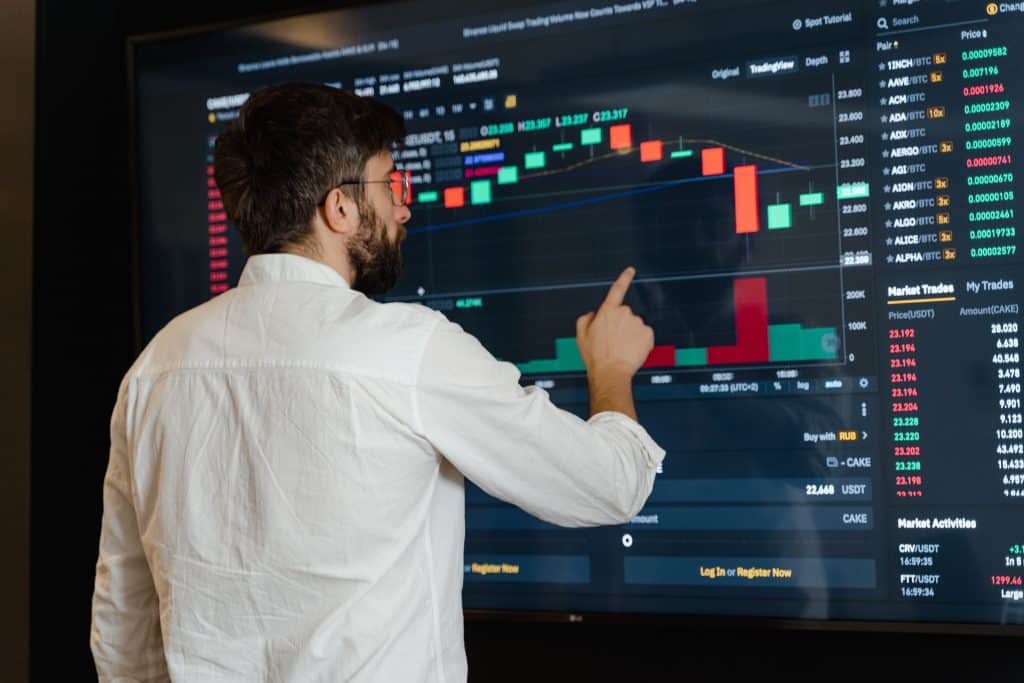
Due to the surge in prices of cryptocurrency coins like BTC and ETH, digital assets have become a target for hacking. The good news is that blockchain technology inherently ensures investment security. The open-for-all ledger provides additional protection for investors, as well.
Human error is also a risk associated with cryptocurrency. As the investor, and because cryptocurrency is virtually unregulated, you are solely responsible for storing your assets in your digital wallet, that is encrypted and secured with a private code. You will need this code, usually a long pass key that is shortened to a 12-word seed phrase, to access your wallet and make transactions. If you forget this key phrase, you will most likely lose your investment.
Question 6: How do I protect myself from the risks of cryptocurrency?
There are many ways to protect yourself from the risks of cryptocurrency. One is to use a “Cold Wallet”. This is a hardware wallet where you can store your private keys to crypto. This wallet can reduce the risk of cyberattacks.
Don’t use public networks when making crypto transactions. If you are using a secure home network, a VPN will add a layer of digital protection for your coins, as it changes your location and IP address.
Our team here at the Bolder Group has the knowledge and experience as corporate & fund administrator of cryptocurrencies and can provide you with relevant information regarding structuring and administration of crypto funds and investment vehicles.
To know more about cryptocurrency and our crypto fund administration services, consult with us today. See our locations here to get in touch with the Bolder Group.

